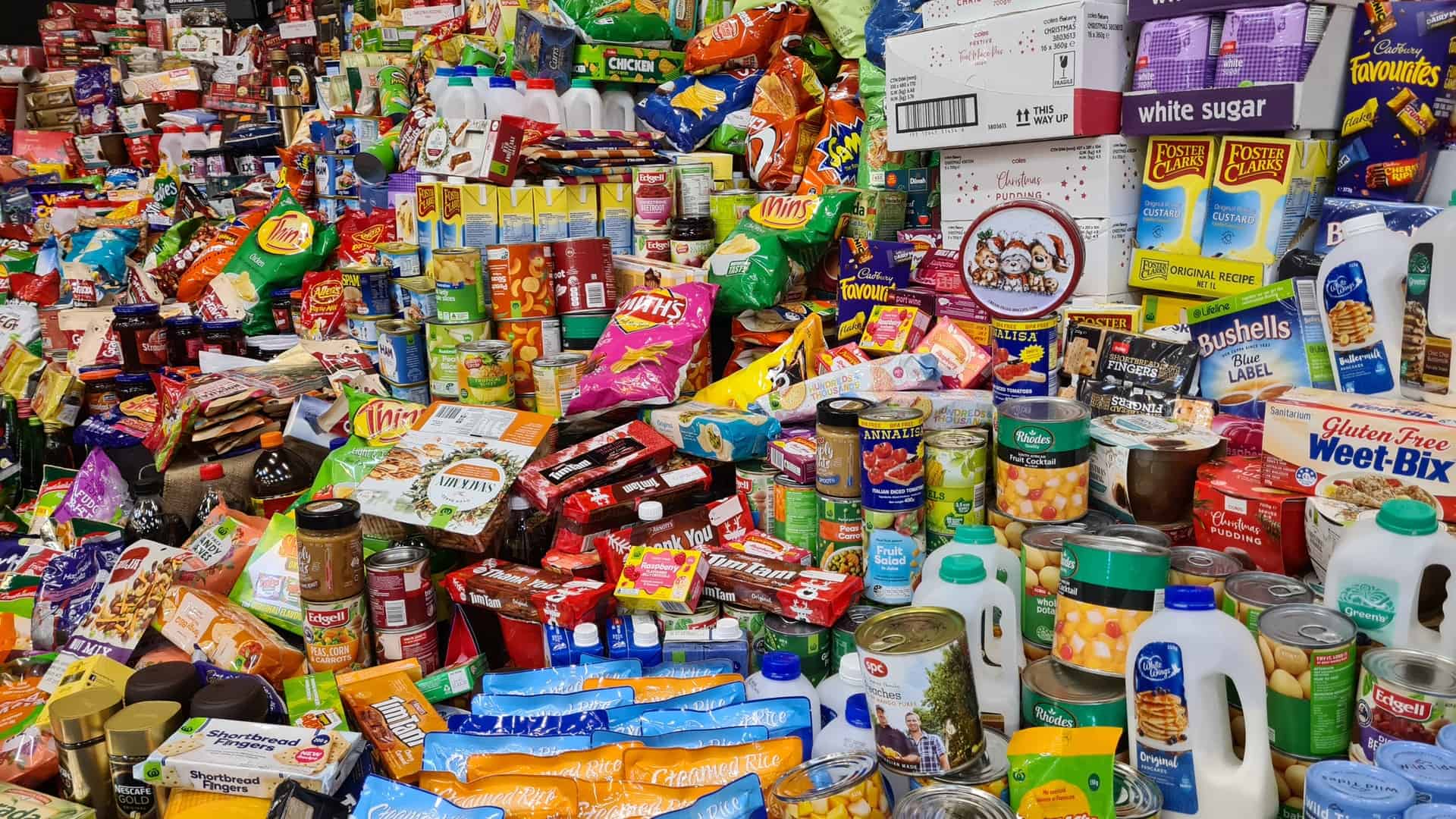Do you think that terms like “fat-free”, “made with whole grains”, “natural”, or “organic” slapped on a food item are telling you anything about the health or safety of the products?
If you are typically picking one grocery item over another because of the claims on the front packaging, you may have been duped.
However, it is not your fault.
According to BBC, people tend to think of food as healthy and unhealthy, and companies use this to their advantage to make consumers believe their products are healthy – when in fact, the opposite is true.
Here are the most misleading health claims on packaged food and beverage labels trying to lure consumers into purchasing products:
- No added sugar – These products may contain unhealthy sugar substitutes. Or, they can be naturally high in sugar.
- Organic – Organic food is not necessarily healthy food. For example, organic sugar is still sugar (that most of the time is refined).
- Light – Foods labelled as light are typically processed to reduce calories or fat. Other additives, such as sugar, are often used to offset the flavour change caused by reducing the product’s fat or calorie content.
- Low-carb – Many foods labelled as low-carb are processed, unhealthy junk foods.
- Fat-free – Typically, fat-free foods contain as many calories as their full-fat alternatives. Not to mention that they may include other additives, such as sugar.
- Multigrain – This often means that the product contains more than one grain (meaning that it also includes refined gains).
- Gluten-free – Unless you suffer from celiac disease or gluten intolerance, gluten-free doesn’t mean a healthier choice. These products are typically processed and contain lots of unhealthy additives.
- Made with whole grains – Unless the label says “100% whole grains”, the product may actually contain very little whole grains.
- No refined sugar – If a product does not contain refined sugar, it doesn’t mean it has no sugar at all (as it can contain sugar from sources such as maple syrup, coconut, or honey).
- Natural – Products labelled as natural can also include artificial ingredients and unhealthy additives, even if the manufacturer used a natural source, such as fruits or grains.
- Oven-baked not fried – You can often find this claim on crackers or potato chips. Even so, these products are often high in saturated fat and salt.
- Source of fibre – Breakfast cereals and muesli bars are often labelled as “good sources of fibre”. However, many of these products are processed and contain lots of unhealthy additives.
- No nitrites or nitrates added – In many cases, nitrates/nitrites are still added to these products. You will often see an asterisk next to the “no nitrites/nitrates added” label stating something like “except for those naturally occurring in sea salt or celery powder.”
- Grass-fed – Unless the label says “100% grass-fed”, it doesn’t mean the cows were grass-fed their entire lives (but only at some point in their life).
- Made with real fruit – While it’s true that the product may contain real fruit (instead of fake fruit?), it may only be in a small quantity.
To wrap it up, health claims on the front of the food packaging are often misleading, and are all types of nutrition misinformation.
No matter what health claim you find on a package, be sure to have a look at the Nutrition Panel Information to see what’s really inside.
Sources:
Harvard – School of Public Health – Watch out for misleading food packaging claims
Heart Foundation – Are nutrition claims on packaged foods misleading?
American Heart Association – Food Packaging Claims
Planet Natural Research Center – The truth behind food labeling
